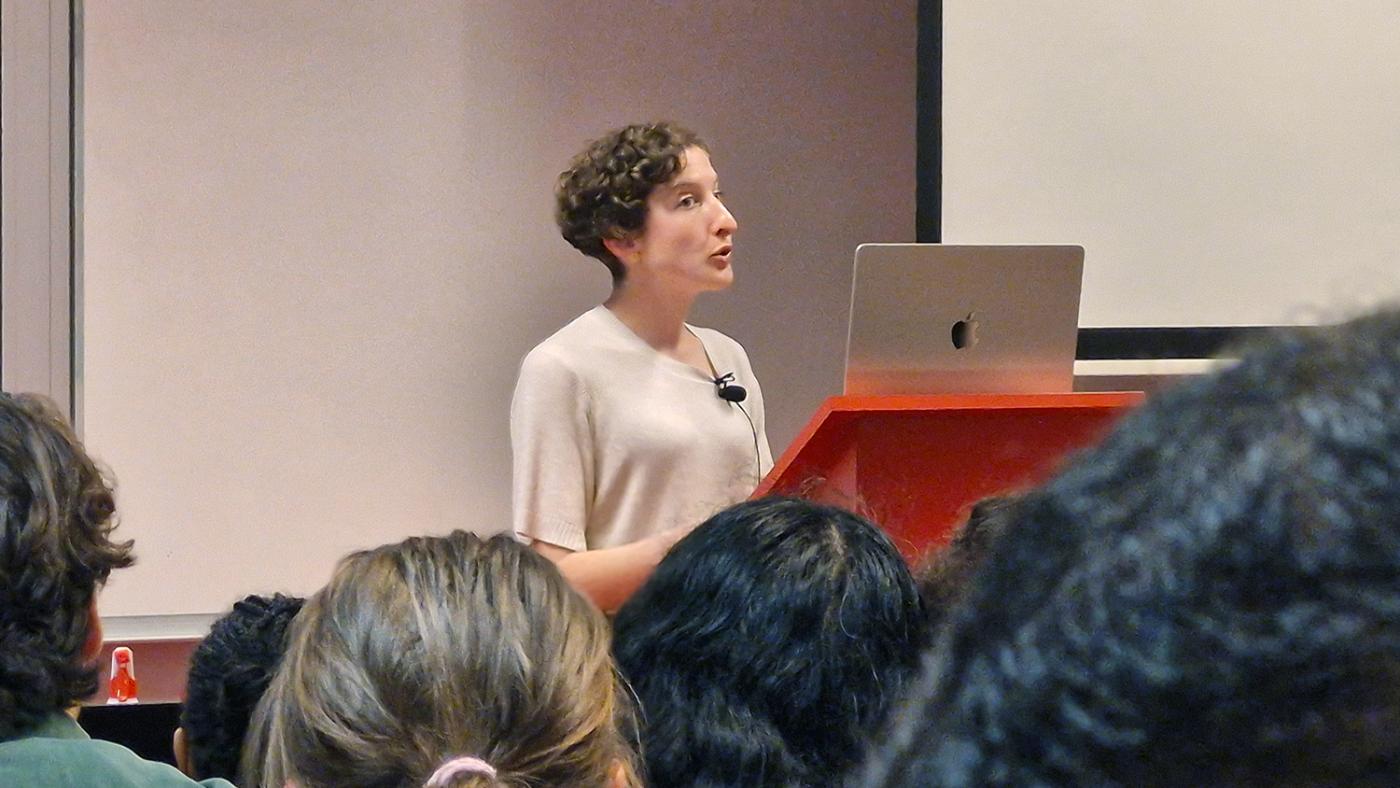Maya Wind's book couldn't have arrived at a more crucial moment
Students emerge as the moral stewards of international solidarity

Maya Wind is an Israeli Jewish scholar who has recently published a book titled Towers of Ivory and Steel. Wind's inquiry begins with a critical question: Are Israeli universities complicit in the violation of Palestinian people’s rights and the occupation of their land? The resounding answer encapsulated in her book is YES, Israel’s universities contribute to the occupation of Palestinian territories and the violation of their rights. Maya Wind highlights that her identity as a Jewish-Israeli citizen granted her significant access to a wealth of resources, including Israeli state and military archives, governmental reports, academic publications, and unpublished theses. This breadth of access positions her as a legitimate interlocutor of compelling archival work sourced directly from the heart of the institutions she scrutinizes.
On holding our academic institutions accountable
In reading Wind's work, I cannot disentangle her words from recent events unfolding at Utrecht University. Her central reflection resonates deeply. We must scrutinize the role universities play in wielding violent authority and the forms in which it takes place. We cannot assume universities are inherently bastions of pluralism and democracy, where spaces for deliberation, dissent, and critical thinking naturally exist. We need to actively fight for these spaces by holding our institutions accountable.
In addition, Wind argues against "institutional innocence," highlighting how academics are not immune to reproducing the coloniality of power universities bestow.
This is important for us because it appears that Israel's role as a settler colonizer of Palestine extends its reach far beyond, persuading the core of Western influence. Israel wields direct political power and achieves consent in the West for actions that defy international law and human rights standards.
This colonial grip extends to our universities, where the protection of Israeli stakes comes at the expense of democratic values within our institutions and the dangerous propagation of post-truth politics. This is indeed a dangerous phenomenon that distorts or denies truth and further validates falsehoods and promotes ahistorical narratives in our own academic spaces, leading for example to the decontextualization of legal terms or the distortion of scholarly work.
At the same time, it silences a growing movement that demands historical accountability. How else can universities justify decades of occupation and the loss of nearly 40,000 lives in less than eight months? It's through the repetition of genocidal rhetoric, normalizing narratives that portray Palestinians as sub-humans, children as future terrorists, and justifying disproportionate military actions under the guise of self-defense.
In our academic spheres, the struggle then centres on truth and evidence, and I believe Maya Wind’s book serves as a resounding call for firm adherence to evidence-based reasoning and empirical truth. By meticulously dissecting the reality behind Israel’s allegedly liberal academic institutions, Wind's work gifts us with a stark revelation, particularly in today’s vitriolic arena where evidence is dismissed and rhetoric on neutrality becomes the norm.
On students encampments
Finally, I want to say something about the students' encampments, where the institutional manifestation of post-truth has revealed one of its most appalling sides: police violence. Utrecht University's justification for calling for police violence under the guise of ensuring protesters’ safety is nothing short of a perplexing exercise in mental gymnastics.
Could anyone provide a single example of unsafe behaviour beginning in the student encampment? So far, no one has done that. Instead, the beating of students, the indiscriminate pepper spraying, and the detainment and abandonment of students in a remote location in the middle of the night are all actions that compromise their safety.
The right to protest is fundamental to the fabric of our democratic values. We are witnessing a remarkable shift as students emerge as the moral stewards of international solidarity, leading the cause for justice and accountability. The beautiful irony connected to Maya Wind’s book is that students from Columbia University, the first non-Israeli institution mentioned in the manuscript to have collaborations with Israeli academic institutions, initiated the global wave of student activism against genocide in Palestine.
The moral economy of student encampments is something to admire! If anything students have shown extreme levels of organization rooted in solidarity, care and discipline in following rules that they established. The encampments serve as classrooms where students educate themselves, offering legal guidance and emotional support. I have seen so much courage and dignity in every single tent of the university encampments last week.
Maya Wind's book couldn't have arrived at a more crucial moment. It coincides with student demonstrations that hold the promise of revitalizing universities, upholding respect for rigorous evidence, the horizontality of decision-making, and epistemics rooted in care, justice, and dignity for all.
This text has been edited as an opinion piece for DUB. The original text was delivered during the book talk and Q&A hosted at Utrecht University on May 14th , 2024